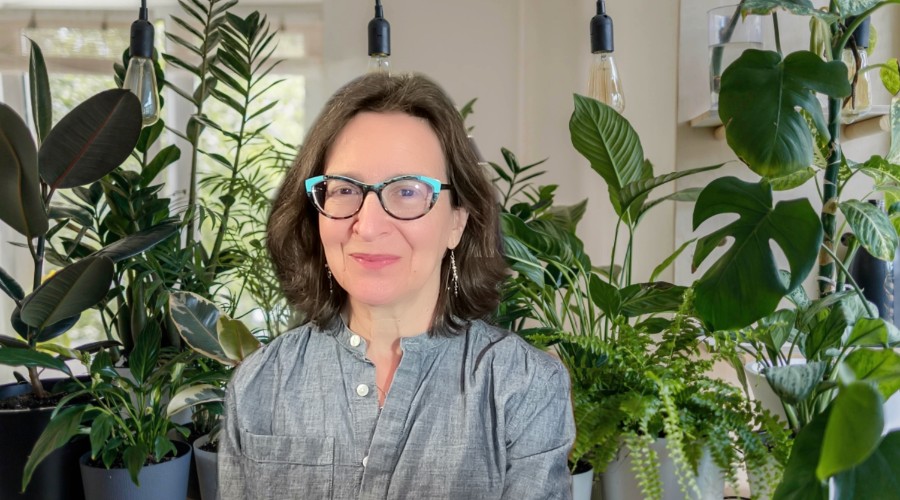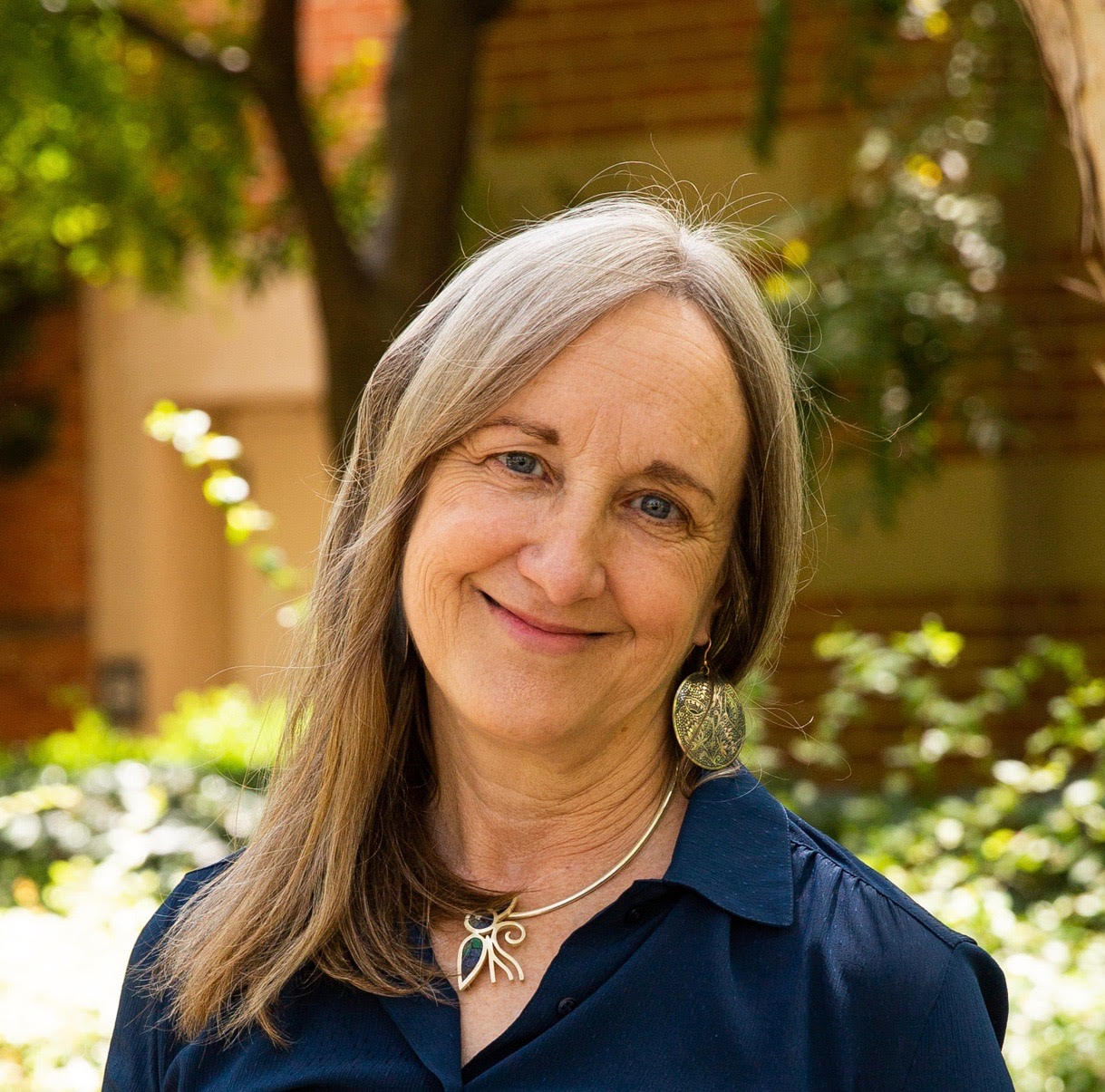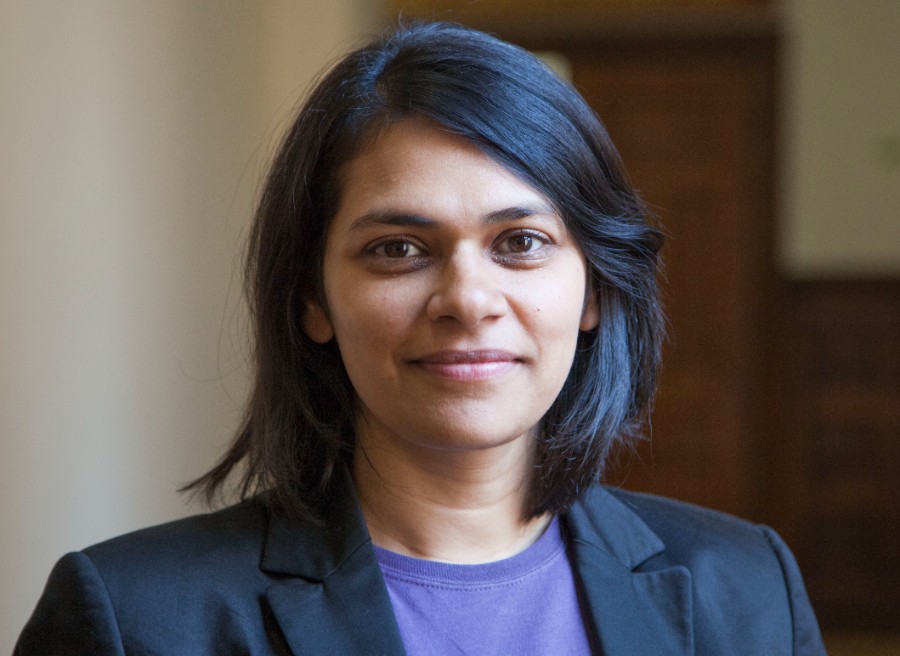
Conference Information
Overview
The 4th Conference on Anthropology & Education considers how anthropological epistemologies/methodologies contribute to and expand research for education. We highlight ethnography, both as a tool for inquiry as well as a theory about gaining knowledge about people by following their/our lives and conditions closely and seeing what are rarely automatic, mechanically predictable responses. Presentations explore the value of anthropology and ethnography for educators and policy makers.
Please find programmatic materials for the conference in the links below. For additional information about accessing TC, getting around campus, and connecting with resources, please scroll down to the FAQ sections below.
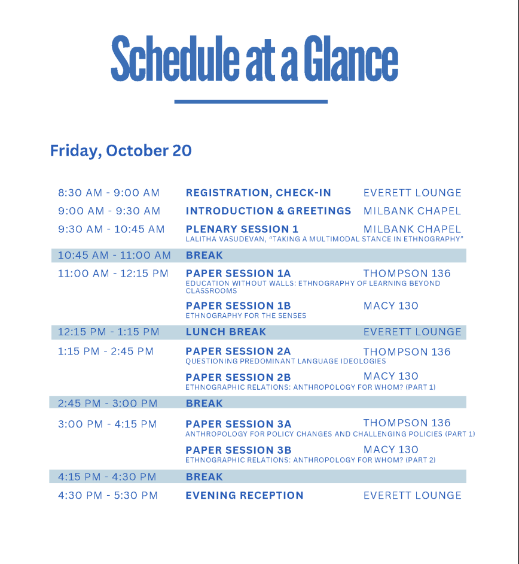
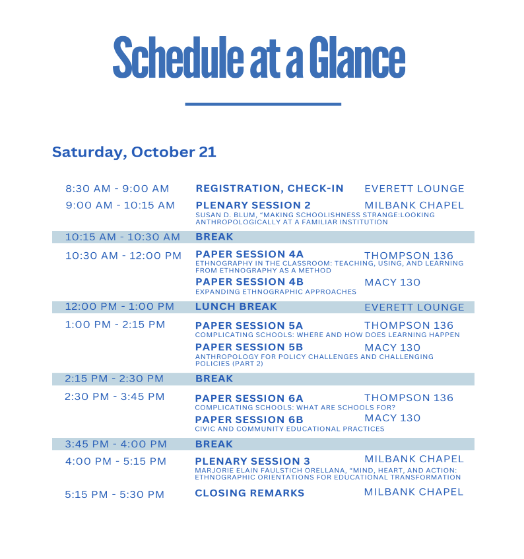
Call for Papers
As anthropologists began to address educators directly decades ago, their claims were greeted by many school officials like a breath of fresh air. For example, one common response was gratifying. Many in schools of education embraced what they heard and took anthropological inspirations in new directions. Yet, they also transformed the methods of their way of knowing into something labeled “qualitative” research, which may have shifted some of the very foundations of the art and science of ethnography.
Scholars have shown how ethnography is also an epistemology—a theory about gaining knowledge about people. Part of this shift means that ethnography can only be done by following people’s lives closely and then exploring their/our conditions to better understand responses, which are rarely automatic or mechanically predictable.
In this call for presentations, we seek participants that touch on themes of the epistemologies and methodologies of anthropology and education in their own research.
Presentations can touch on questions like:
- What is gained and what is lost in the translation of ethnography into qualitative research?
- What epistemologies have you learned about through your research? How has ethnography contributed to that knowledge?
- How have researchers balanced some of the promises and challenges of ethnographic methods, and to what ends?
We invite presenters with research that thinks through the value of anthropology, and particularly of ethnography, for educators and policy makers. We are particularly interested in re-formulations of what it is about ethnography that makes it useful and for what purposes. Papers grounded in ethnographic detail–defined in various ways–will be preferred.
Apply here by May 19th, 2023!
Registration
Click here to register for the 4th Conference on Anthropology & Education!
Keynote Speakers
FAQs
This conference is for students, scholars, and practitioners interested in anthropological approaches to education research. While the conference focuses on anthropology of education, attendees from a variety of disciplines may also benefit from the content presented at the conference. Institutional affiliation is not required for participation in this conference. Students are welcome and encouraged to attend.
Please send emails to anthroevents@tc.columbia.edu.
Visitors to TC must check in with security before entering the building. To do so, please enter at the Zankel Hall entrance (mid-block). Security will ask for your ID and print a visitor’s sticker for you. We recommend that you budget at least 10 minutes to complete this process, as there is likely to be a line particularly on Friday morning. The pass you will receive is valid for both days of the conference and will be required for moving in and out of TC buildings. Please keep it with you at all times while on campus.
After checking in at the security desk, please stop by the conference check-in table in front of Everett Lounge, where you will receive your conference badge and other conference materials.
Conference events will be held in Milbank Chapel, Everett Lounge, and Zankel Hall Rooms 214 and 406. Please see the campus map and conference schedule for reference.
Throughout the conference you will have full access to all of TC’s facilities. This includes our lovely Gottesman Library located in Russell Hall, the courtyard which can be accessed via Grace Dodge Hall, and the dining hall, located in the basement of Grace Dodge. (Please note: TC’s dining services will be open only on Friday. However, the dining hall itself will be open and accessible for the duration of the conference.) A low-sensory room with decreased lighting and noise will be available in Macy Hall, Room 261. All attendees are welcome to take a break in this room at any point throughout the conference.
Teachers College is located at 525 West 120th Street, north of the main Columbia University campus. A campus map can be found here.
TC is accessible via several modes of public transportation. For general access to TC, take the 1 Train to the 116th St Station (Note: this station is not wheelchair accessible.). TC is also accessible via the A, B, C and D trains (to 125th street, an accessible station), and the M4, M60, and M104 buses. Further transit information can be found here.
Hourly paid street parking is available in front of TC and on the surrounding streets. Some of the smaller cross streets may have free street parking (please make sure to read all street signs and parking stipulations). There are also parking garages at 532 W 122nd St and 645 W 120th St.
Visitors to TC must check in with security before entering the building. To do so, please enter at the Zankel Hall entrance (mid-block). Security will ask for your ID and print a visitor’s sticker for you. We recommend that you budget at least 10 minutes to complete this process. The pass you will receive is valid for both days of the conference and will be required for moving in and out of TC buildings. Please keep it with you at all times while on campus.
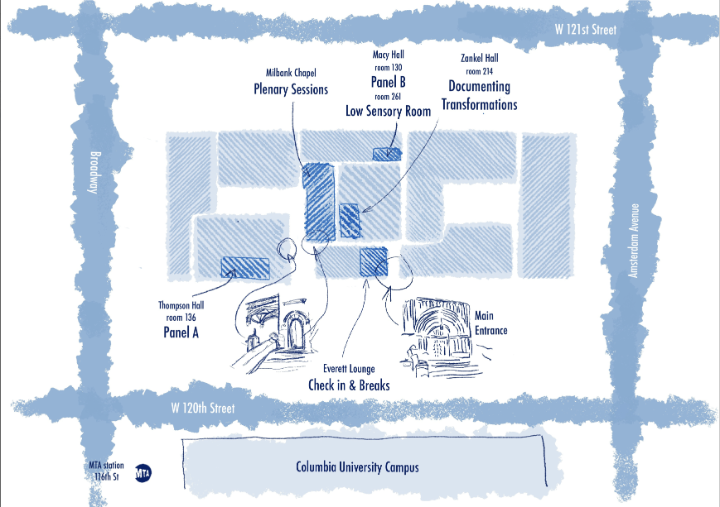
For information about lactation facilities and all gender restrooms, please follow this link.
To request disability-related accommodations, contact the Office of Access and Services for Individuals with Disabilities (OASID) at oasid@tc.edu, (212) 678-3689, (646) 755-3144 video phone, as early as possible.
We encourage you to use meal breaks as an opportunity to connect with fellow conference attendees and explore Teachers College and the surrounding area. Grab-and-Go lunches will be available for conference attendees in Everett Lounge on both Friday and Saturday. The Programs in Anthropology will also host a reception with light refreshments in Everett Lounge from 4:30 to 5:30 on Friday. Food is additionally available for purchase in the TC dining hall (Friday only), as well at various food trucks and restaurants along Broadway and Amsterdam Ave. Nearby coffee options include: Dear Mama, Kuro Kuma, and Joe Coffee Company. Water bottle filling stations are available throughout campus.
To access wifi at TC, please use the TC-Guest network. You will be prompted to input your name and email address in order to use this network. Eduroam is also available. For more information please follow this link.
Accommodations can be made at Teachers College guest housing, through the Columbia University Visitors Center (https://www.tc.columbia.edu/housing/guest-and-conference-housing/), or in any of the area hotels in the region. Accommodations at Teachers College guest housing are available on a first come first serve basis.
